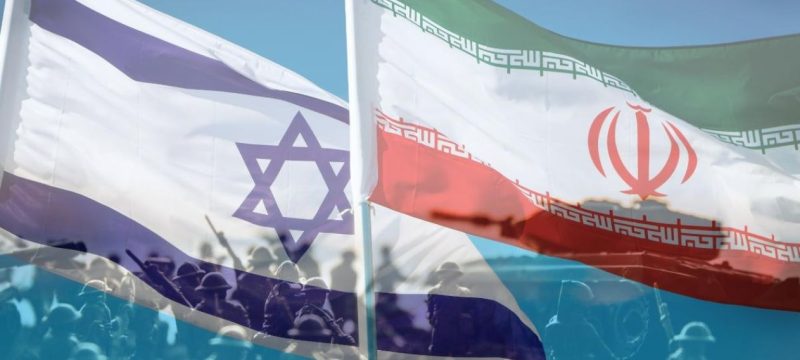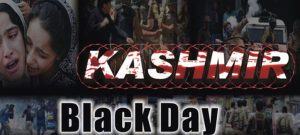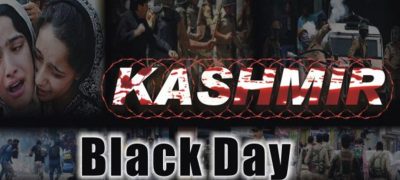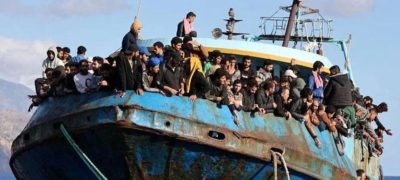Following a temporary de-escalation with Israel, Iranian authorities have redirected their focus toward domestic security, launching an intense internal crackdown marked by mass arrests, executions, and a heavy military presence, especially in the country’s Kurdish regions, according to Iranian officials and human rights activists.
Shortly after Israeli airstrikes began on June 13, Iranian security forces initiated widespread detentions and set up increased checkpoints across major cities. Officials stated that Revolutionary Guard and Basij paramilitary forces had been placed on high alert, with internal security now considered the top national priority.
Read more: Trump Says Gaza Ceasefire ‘Very Close’ After Iran Strikes Shift Middle East Dynamics
Some Israeli officials and exiled Iranian opposition figures had hoped that Israel’s military actions—targeting Iran’s Revolutionary Guard, internal security services, and suspected nuclear sites—might trigger widespread unrest and lead to the collapse of the Islamic Republic. While many Iranians are indeed frustrated with the regime’s policies, especially those perceived to have provoked Israeli aggression, large-scale protests have yet to emerge.
Senior Iranian security officials expressed concern over potential threats from Israeli agents, ethnic separatist groups, and the exiled People’s Mujahideen Organisation of Iran (PMOI), which has a history of attacks inside the country. In response, security forces have ramped up their presence in Kurdish areas and at key borders with Pakistan, Iraq, and Azerbaijan to prevent infiltration by groups labeled as terrorists.
Rights activists report an increasingly repressive environment. One activist in Tehran, who was previously jailed during the 2022 protests, said many individuals had been detained or summoned by authorities under suspicion of anti-government sentiments. “We are extremely cautious right now. The regime seems ready to use this climate of fear as a cover for broader repression,” the activist said.
According to the Iran-based Human Rights News Agency (HRNA), 705 people have been arrested on political or national security grounds since the onset of the Israeli attacks. Iranian media reported that three individuals were executed in Urmia on Tuesday, all of them Kurdish and accused of spying for Israel.
Neither the Iranian Foreign Ministry nor the Interior Ministry has issued an official comment in response to international queries.
A government official briefed on the situation confirmed that hundreds had been detained and that additional military deployments had been sent to border areas. Iran’s Kurdish and Baluch populations—predominantly Sunni Muslims—have long expressed grievances against the Persian-speaking, Shi’ite-led government, often finding themselves at the center of state suppression.
Kurdish opposition groups based in Iraq also reported increased repression. Ribaz Khalili of the Democratic Party of Iranian Kurdistan (KDPI) said Revolutionary Guard forces had been deployed in schools in Kurdish areas and were conducting door-to-door searches for dissidents and weapons. Schools, roads, and other infrastructure have been commandeered for military use, with key roads blocked to civilian traffic in cities like Kermanshah and Sanandaj.
Fatma Ahmed, a representative of the Free Life Party of Kurdistan (PJAK), claimed over 500 members of opposition groups had been detained in the Kurdish provinces since the Israeli offensive began. An official from the Komala party, speaking anonymously, confirmed similar reports, noting that checkpoints had been established throughout the Kurdish regions. These checkpoints include physical inspections, mobile phone searches, and document checks, contributing to a growing sense of surveillance and control in the already tense areas.
In summary, Iran’s post-ceasefire environment has seen a stark shift from external conflict to internal repression, with the Kurdish region emerging as a focal point for state crackdowns amid fears of unrest, separatism, and foreign influence.





